Enlisted recruits and officer aviators could qualify for extra cash this year as the Air Force sweetens the deal to be an airman.
The Air Force is offering enlistment bonuses to people who sign up for more than a dozen jobs in maintenance, cyber operations, linguistics and special operations through Sept. 30. It’s also promising an $8,000 bonus for prospective active duty airmen who can ship out to basic training within five days if a spot becomes available at the last minute.
Financial incentives are one piece of the Air Force’s attempt to overcome its hurdles to higher recruitment, from the global obesity epidemic, to private-sector pay and flexibility, to a greater lack of interest among young Americans than in decades past.
“As we roll up our sleeves in the battle for talent, we’ve got to remain competitive as we go after our next generation of airmen,” said Air Force Recruiting Service commander Maj. Gen. Ed Thomas in a Monday release.
RELATED
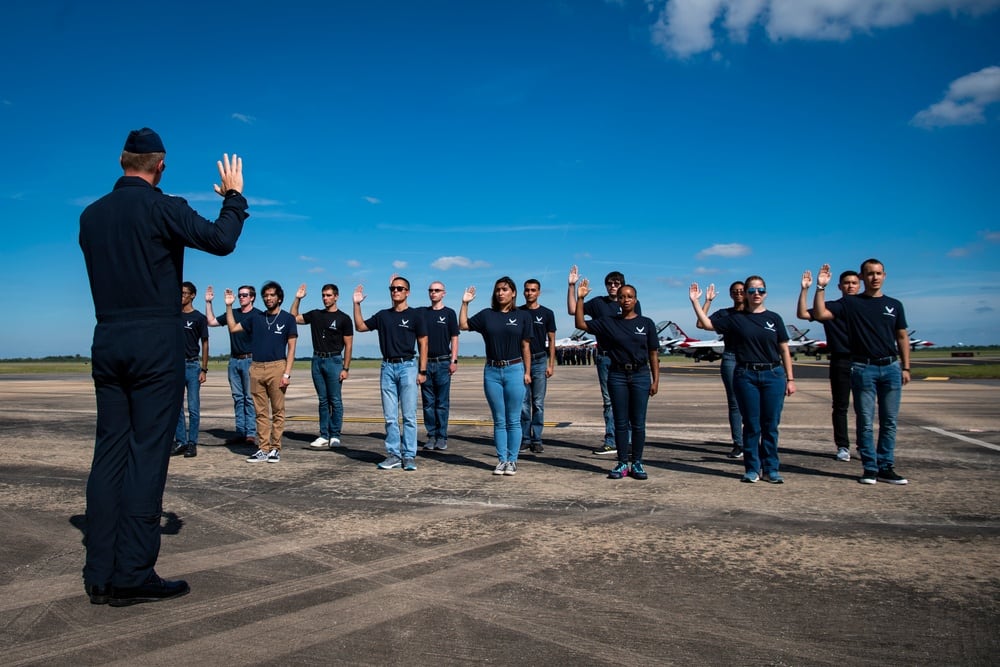
Explosive ordnance disposal and special warfare enlistees (3E8X1 and 9T500) can snag the most money — $50,000 for a six-year contract — while maintainers can earn a smaller bonus at $3,000 for a four-year contract.
Some cyber jobs offer a range of bonus pay between $12,000 and $20,000 for a four-year contract, depending on the certification an airman holds.
Nine specialties offer bonuses for six years of service, but not for four.
Jobs that are new to the list include: refueling and bomber aircraft maintenance (2A534), aerospace ground equipment (2A632), munitions systems (2W031), aircraft armament systems (2W131), radio frequency transmission systems (1D731R) and any area of mechanical or electrical aptitude (9TMAGE).
RELATED
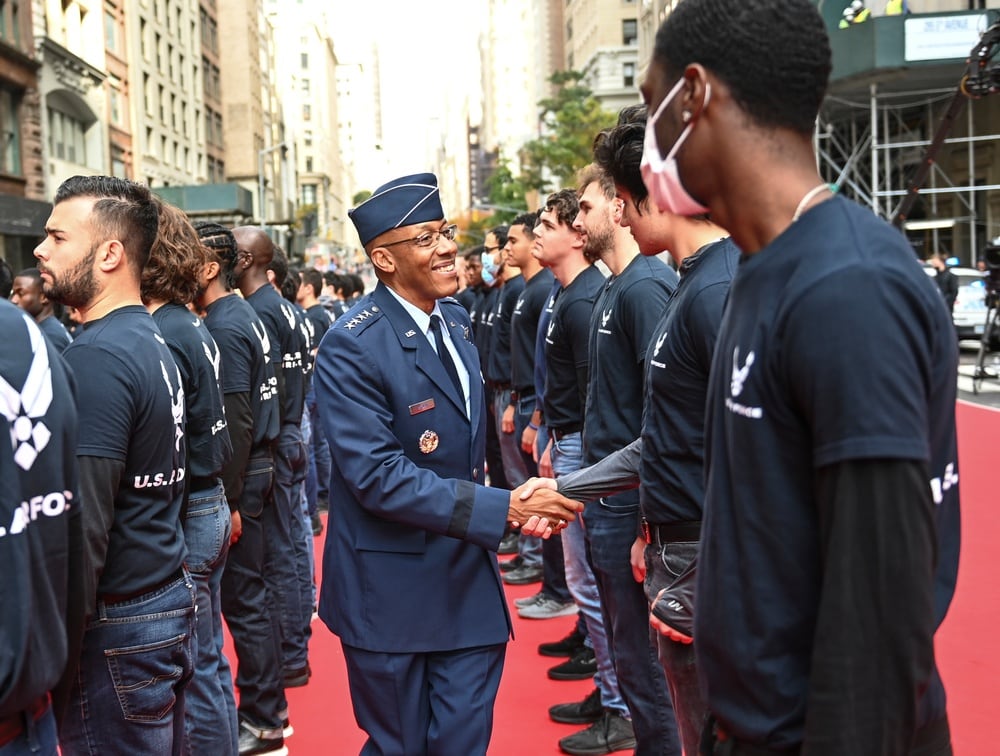
Also on the list are:
- Airborne linguist (1A8X1)
- Cryptologic linguist (1N3XX)
- Survival, evasion, resistance and escape specialists (1T0X1)
- Cyber systems operations (3D0X2)
- Cyber surety (3D0X3)
- Client systems (3D1X1)
- Cyber transport systems (3D1X2)
Those who opt to “quick-ship” can earn $8,000, no matter which specialty they choose. That opportunity also expires Sept. 30.
Aviation bonus program updates
On the officer side, the Air Force is renewing its aviation bonus program for another year. The initiative, aimed at lieutenant colonels and below, looks to slow the exodus of pilots to commercial airlines and other private-sector jobs.
Airmen who will finish their initial 10-year service commitment as a pilot by the end of September can qualify for as much as $420,000 in bonus pay if they sign up for another 12 years, the Air Force said. The service can dole out up to $200,000 of that money up front.
That applies to pilots of fighter, bomber, special operations, mobility, command-and-control, intelligence, surveillance, reconnaissance and certain rescue platforms.
RELATED
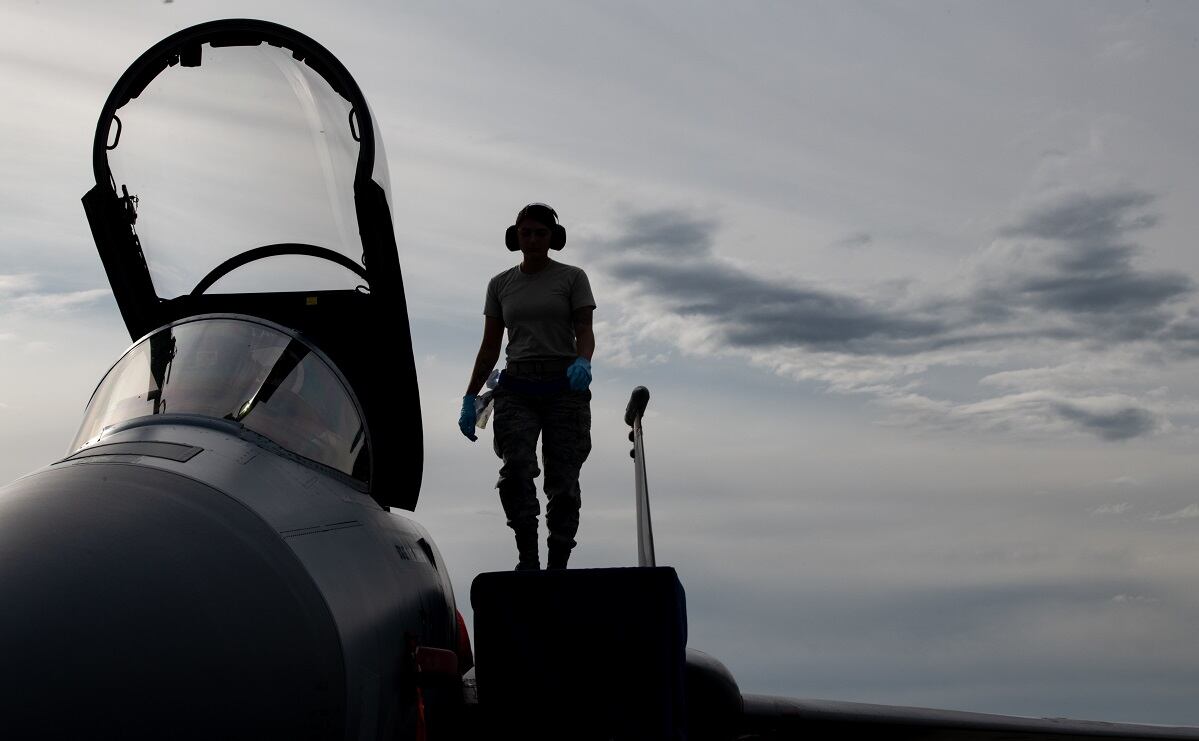
People who fly those same platforms but who have served longer than 10 years can get the same bonus pay of $105,000 to $420,000 over another three to 12 years, but no lump sums.
Drone pilots (11U and 18X), air battle managers (13B) and combat systems operators (12B, 12F, 12S, 12H, 12R and 12U) whose first 10 years are up in fiscal 2022 can all opt for bonuses worth up to $360,000 over 12 years. Unlike pilots of manned aircraft, they aren’t eligible for any up-front pay.
Drone operators whose earlier contracts have expired can receive anywhere from $45,000 to $300,000 if they sign up for another three to 12 years, without any money at signing.
New contracts must end before an airman hits their 24th year of service in aviation.
“These officers must be qualified for operational flying duty and entitled to, and receiving, monthly aviation incentive pay,” the Air Force added April 6.
RELATED
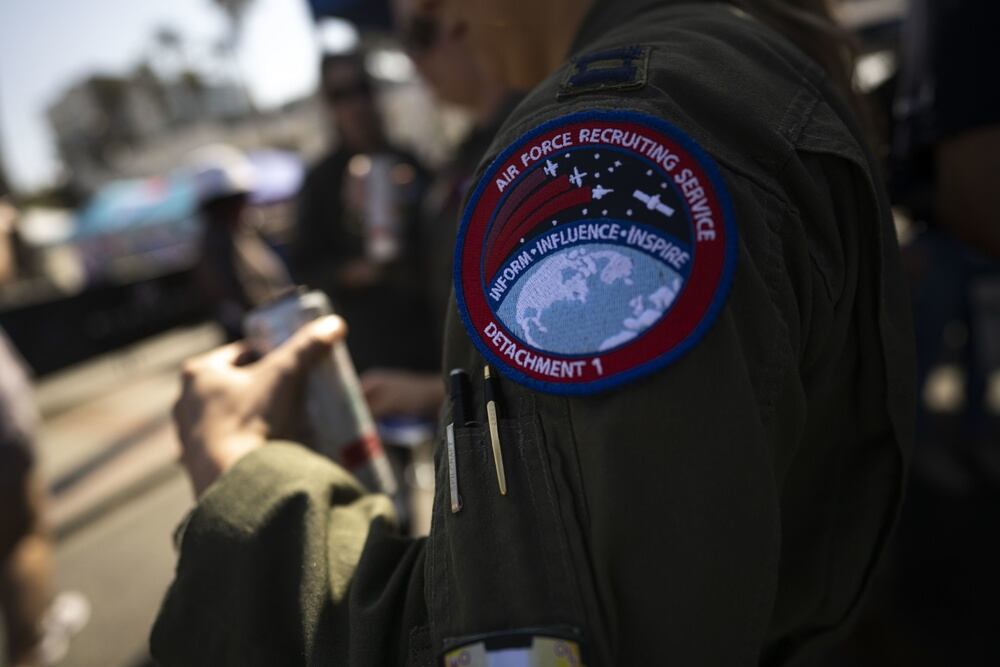
Reconnaissance, surveillance and electronic warfare plane pilots were added back into the bonus program after the Air Force crunched data about the 11R field using predictive analytics. The algorithm told officials that even though that career field appears healthy now, the service should proactively start keeping more experienced pilots for those platforms before there’s a future shortfall.
“The data-centric model relies on the learned retention behavior of our aviators and learns continuously to reflect changes in economic, operations tempo and many other factors that members rely on to make career choices,” Air Force spokesperson Capt. Tanya Downsworth said Monday. “With this new capability, we are able to conduct a more in-depth analysis of career field health and now forecast more accurately future retention needs.”
As of Feb. 28, the active duty Air Force had 12,451 pilots, 3,292 navigators and 1,317 air battle managers in the grade of lieutenant colonel and below, according to the Air Force Personnel Center. It currently has around 326,500 active duty airmen and plans to shrink to 323,305 by the end of September.
Last year, 518 people who became eligible for aviator bonuses for the first time decided to stay in, Downsworth said. That’s the lowest number in the past four years, though about on par with pre-pandemic acceptance figures — 581 people in fiscal 2019 and 584 in fiscal 2018.
RELATED
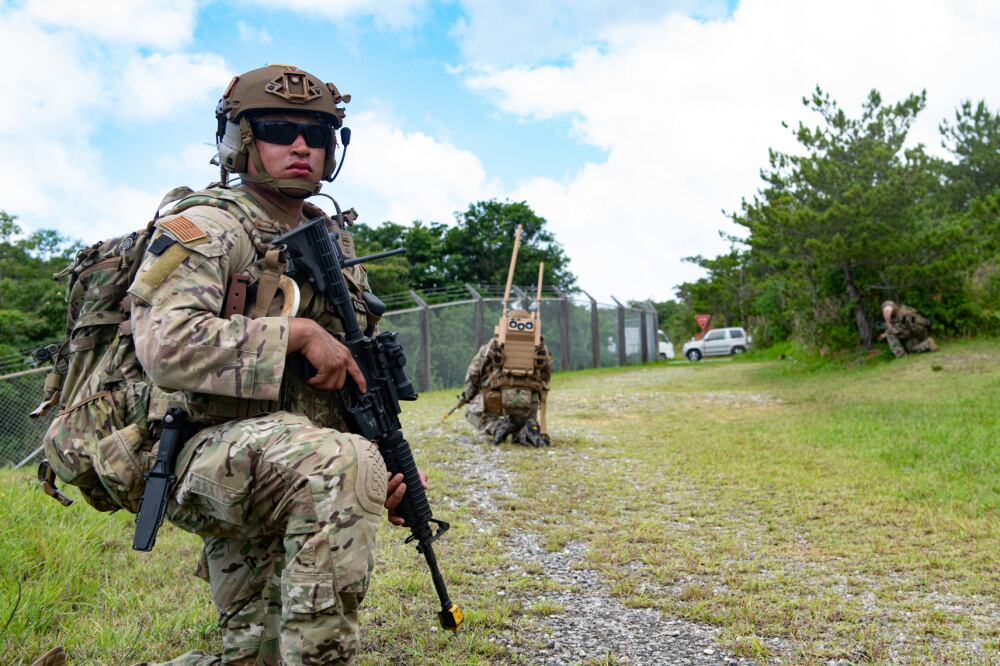
The number shot up to 740 airmen in fiscal 2020 as people sought job stability in the first several months of the coronavirus pandemic.
The Air Force argues that aviation bonuses, plus other perks like education and retirement benefits, improved prospects for spouses’ employment and cutting the number of times a family has to move, help boost retention in a highly sought-after field.
But officials recognize more needs to be done to prevent a longstanding pilot shortfall from worsening.
“In and of itself, the bonus would not be sufficient, so we are developing a long-term strategy needed to build a deliberate path for retaining our people beyond monetary-only tools to address quality of life and quality of service concerns,” Downsworth said.
Rachel Cohen is the editor of Air Force Times. She joined the publication as its senior reporter in March 2021. Her work has appeared in the Washington Post, the Frederick News-Post (Md.), Air and Space Forces Magazine, Inside Defense, Inside Health Policy and elsewhere.





